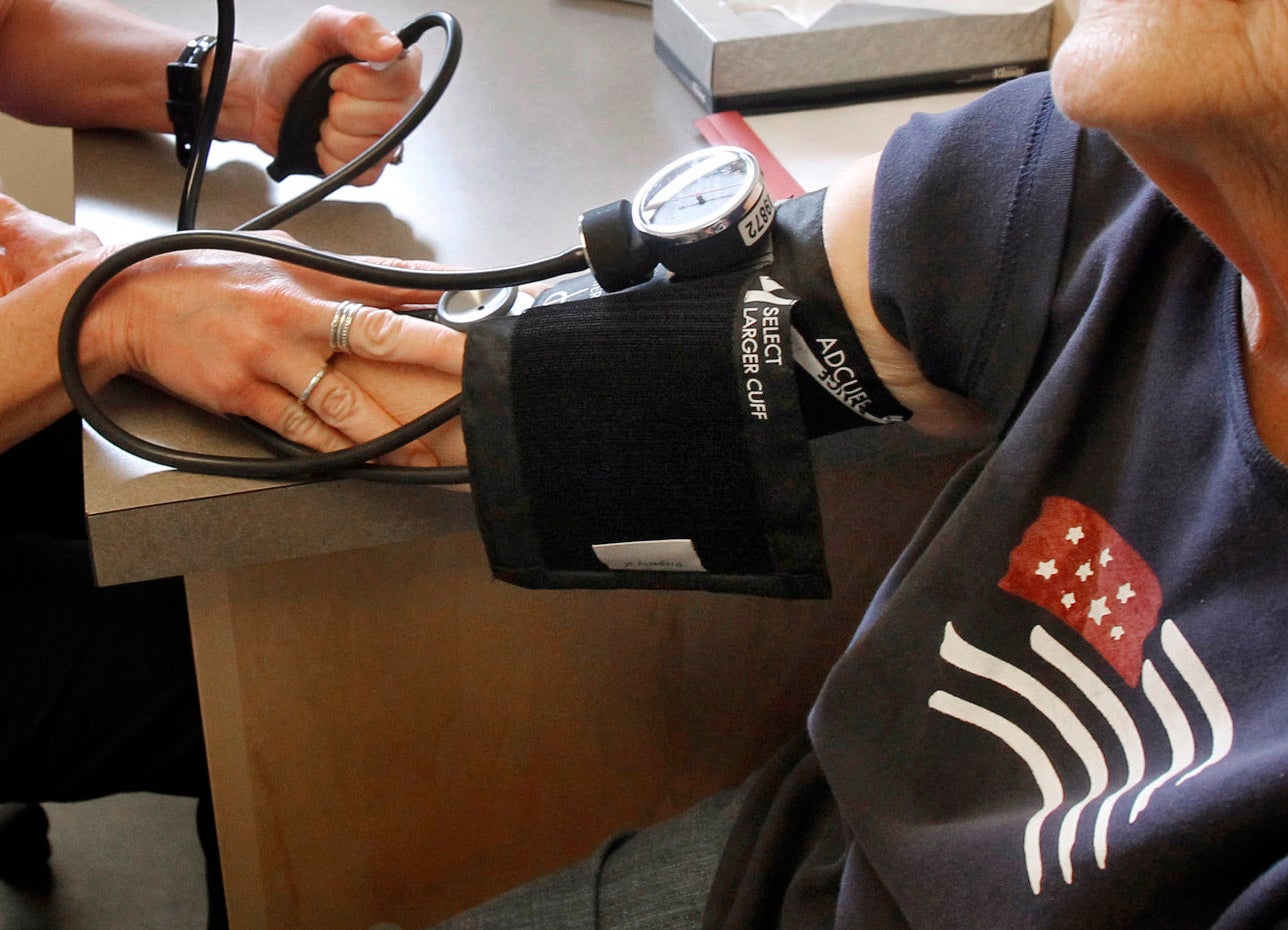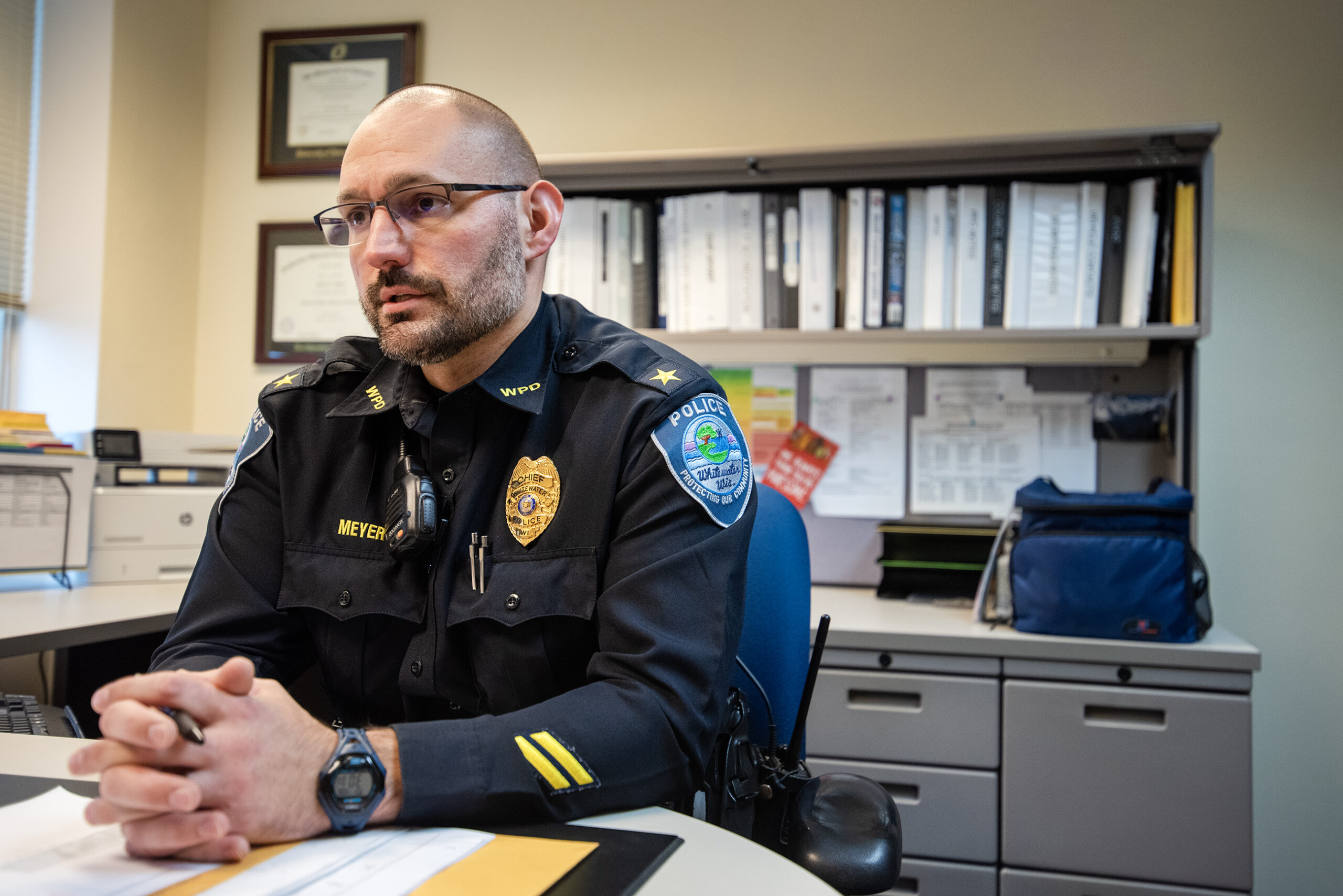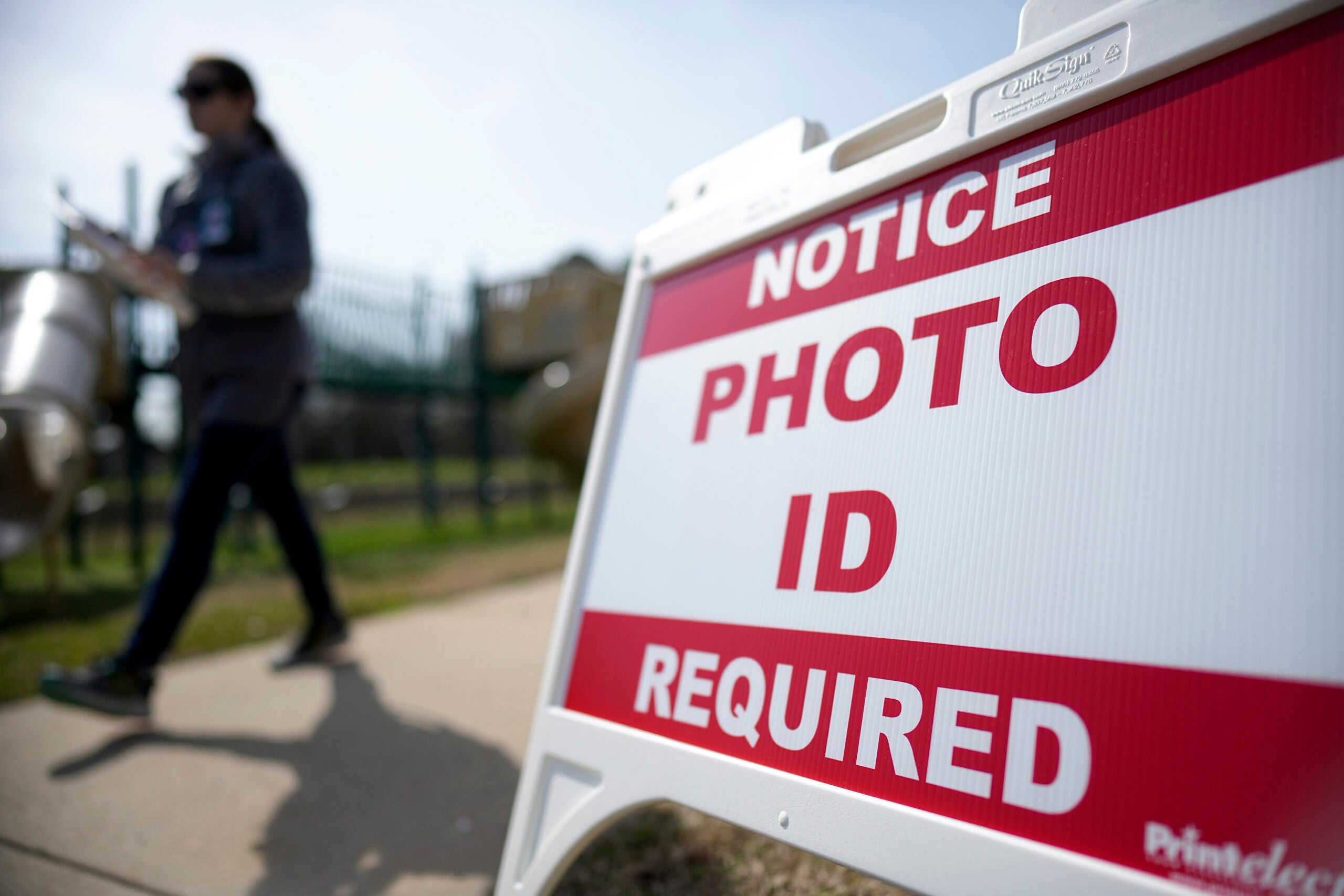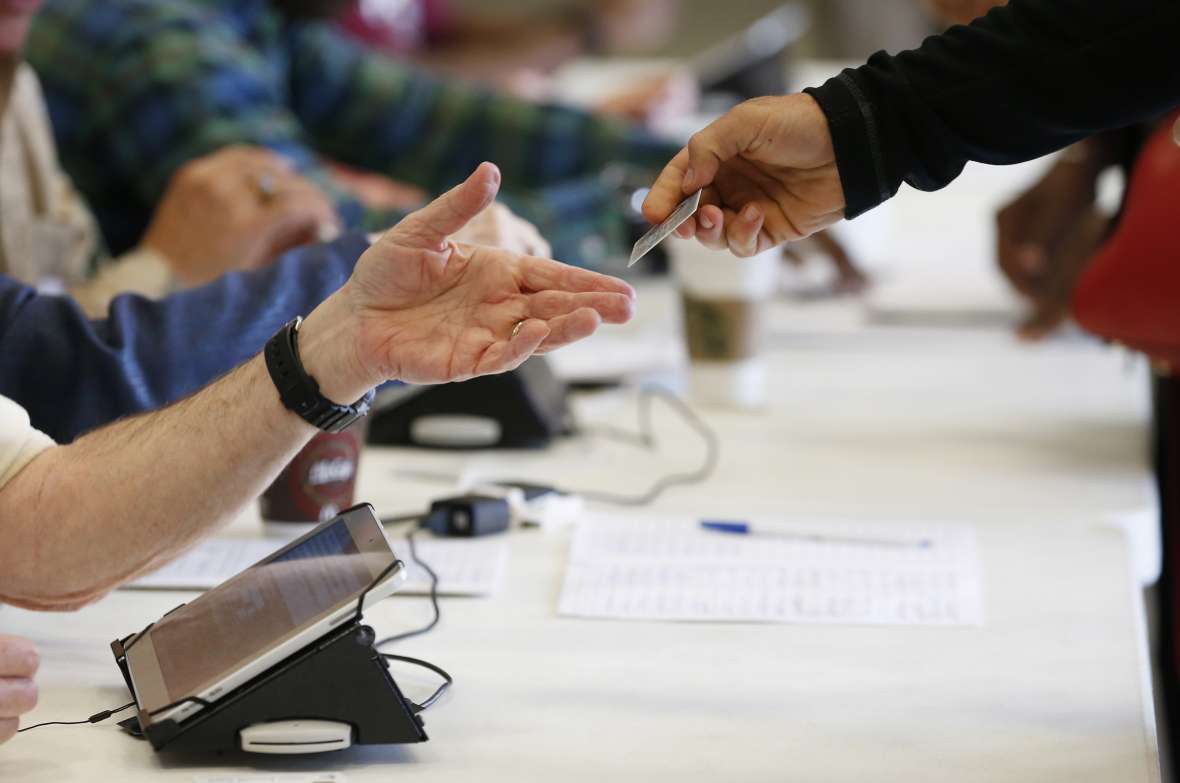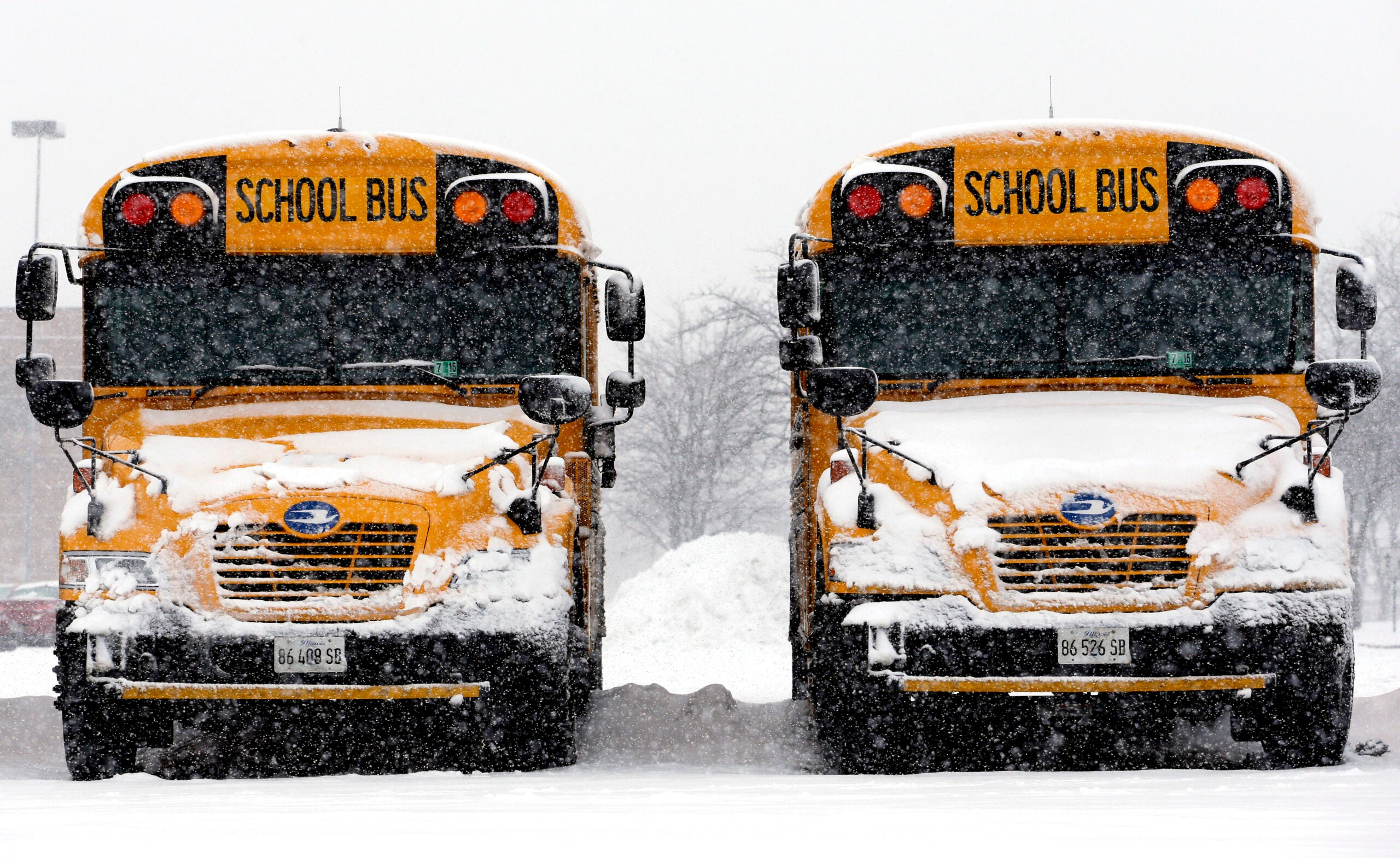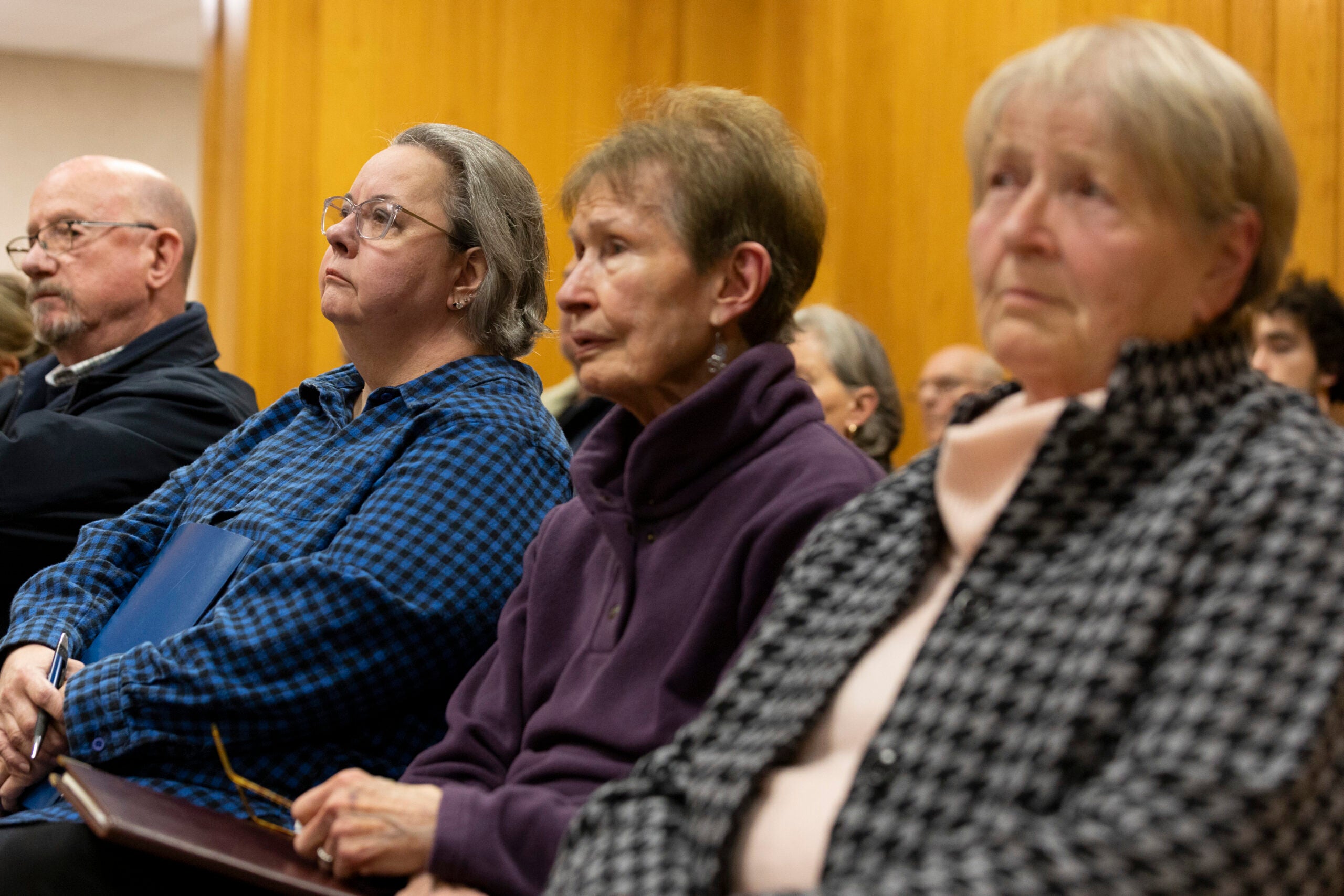Voters in Dunn County will have a chance in November’s election to weigh in on the question of whether the United States should provide universal health care.
The county board unanimously approved the advisory referendum in late July. Like referendum questions about abortion rights or marijuana legalization, it won’t have the force of law. But advocates say allowing voters to weigh in on the question is part of an effort to demonstrate the broad-based appeal of universal health care.
It’s the first such referendum in Wisconsin, and Dunn County is in some ways an unlikely place to have taken up the question. Fifty-six percent of voters in the rural, western Wisconsin county voted for Republican former President Donald Trump in 2020; only 42 percent voted for Democrat Joe Biden. Democrats have made universal health care one of their policy priorities while Republicans in Wisconsin have resisted expanding Medicaid and other steps in that direction.
Stay informed on the latest news
Sign up for WPR’s email newsletter.
But Dunn County Board member John Calabrese, who was part of the effort to introduce the referendum, said he hopes it can be part of a shift away from seeing expanded health care coverage as a left-vs.-right issue.
“I think we can speak to this issue in a way that’s not partisan,” Calabrese said.
The referendum’s language intentionally avoids language that has been part of the national political debate, such as “Medicare for All” or “single payer,” which refer to particular policy proposals that “have become polarized,” he said. Instead, it asks voters whether Congress and the president should set up publicly funded health insurance to cover medical costs for all Americans.
At the Dunn County Board’s meeting in late July, the board voted unanimously in favor of putting the question to voters. That followed an organized effort by advocates who spoke at a committee meeting and during public comment ahead of the board’s decision, and who called and submitted comments to their representatives.
Calabrese twice ran for state Assembly as a Democrat, but he said more recently he has drifted away from identifying with any political party. He’s a member of the advocacy group Our Wisconsin Revolution, a liberal populist group that endorses Democrats for public office but is distinct from the party’s organizing infrastructure, and which helped draft the referendum language he introduced.
Political analysts say the wave of local referendums in recent years asking voters to weigh in on marijuana legalization in some cases were designed to help increase Democratic votes. Calabrese said he hopes the resolution in Dunn County is not a political turnout mechanism, but rather a genuine gauge of voters’ views.
In an attempt to begin to shift the polarized nature of the issue, Calabrese and other advocates in Dunn County emphasized the fiscal costs the county government bears in order to provide health care.
In comments in favor of the referendum at a county board meeting last month, Board member Monica Berrier pointed out that the county budgeted $10 million in 2022 for health insurance costs.
“I don’t know how anybody can look at this and think it’s a good situation, but it’s the system that we’re stuck with,” Berrier said. “I believe that as elected officials and stewards of taxpayer dollars, we have a responsibility to demand better of the government that serves us.”
Polling in Wisconsin has found a majority of voters support expanding Medicaid, but in other ways polls have shown divided public opinion on health care. During the 2020 presidential primary, the Marquette University Law School poll found that 41 percent of respondents favored Medicare for All, while 53 percent opposed it. A different 2020 poll from Change Research found 60 percent of Wisconsin respondents favored lowering health costs, while only 30 percent favored guaranteeing universal coverage.
Wisconsin Public Radio, © Copyright 2025, Board of Regents of the University of Wisconsin System and Wisconsin Educational Communications Board.
